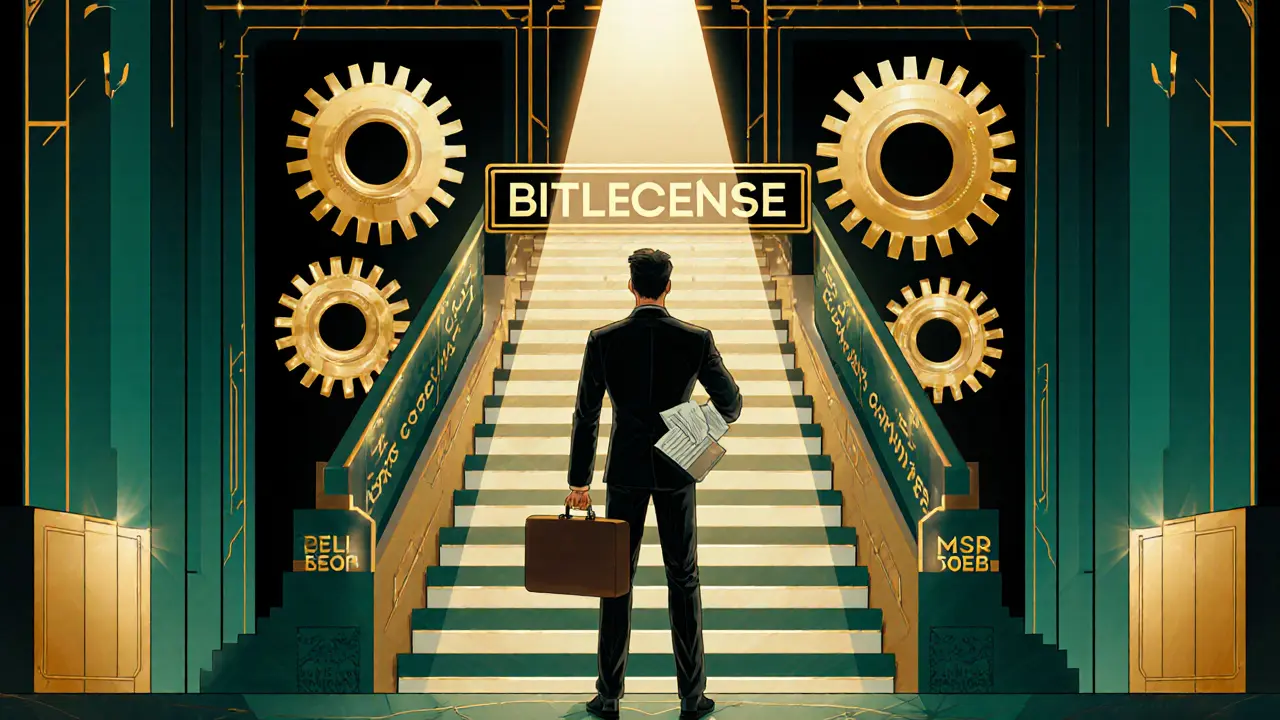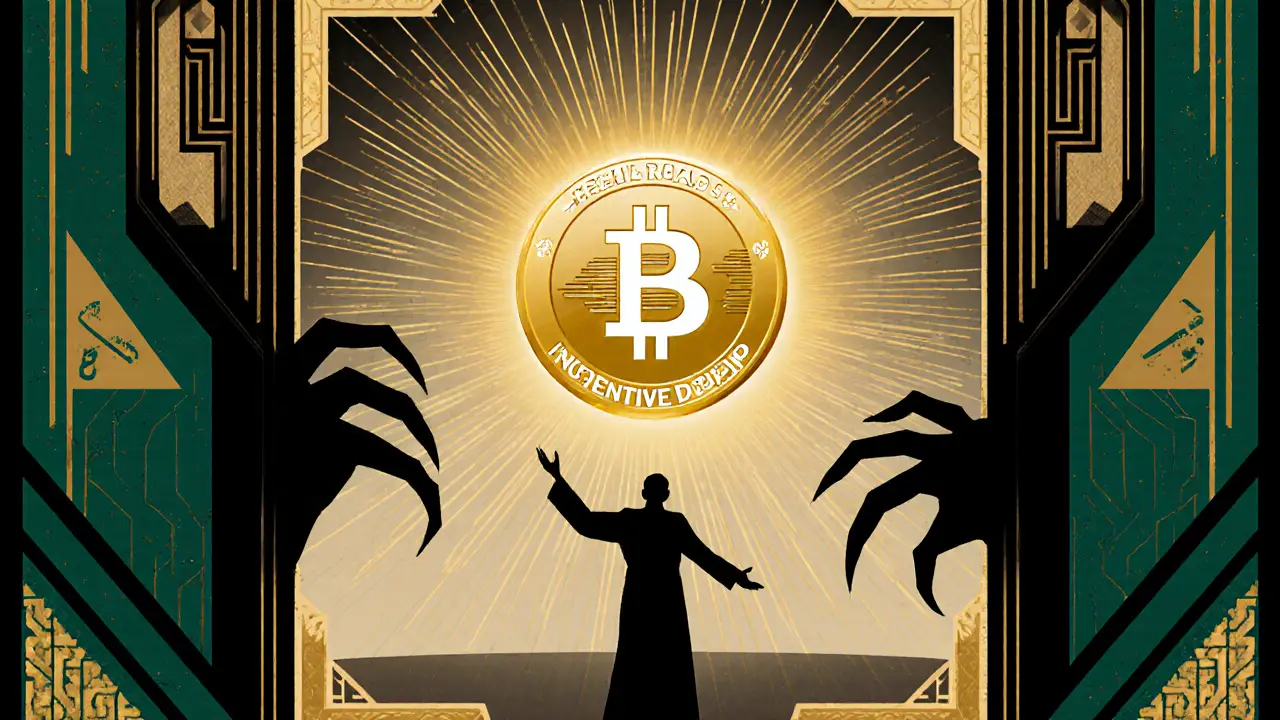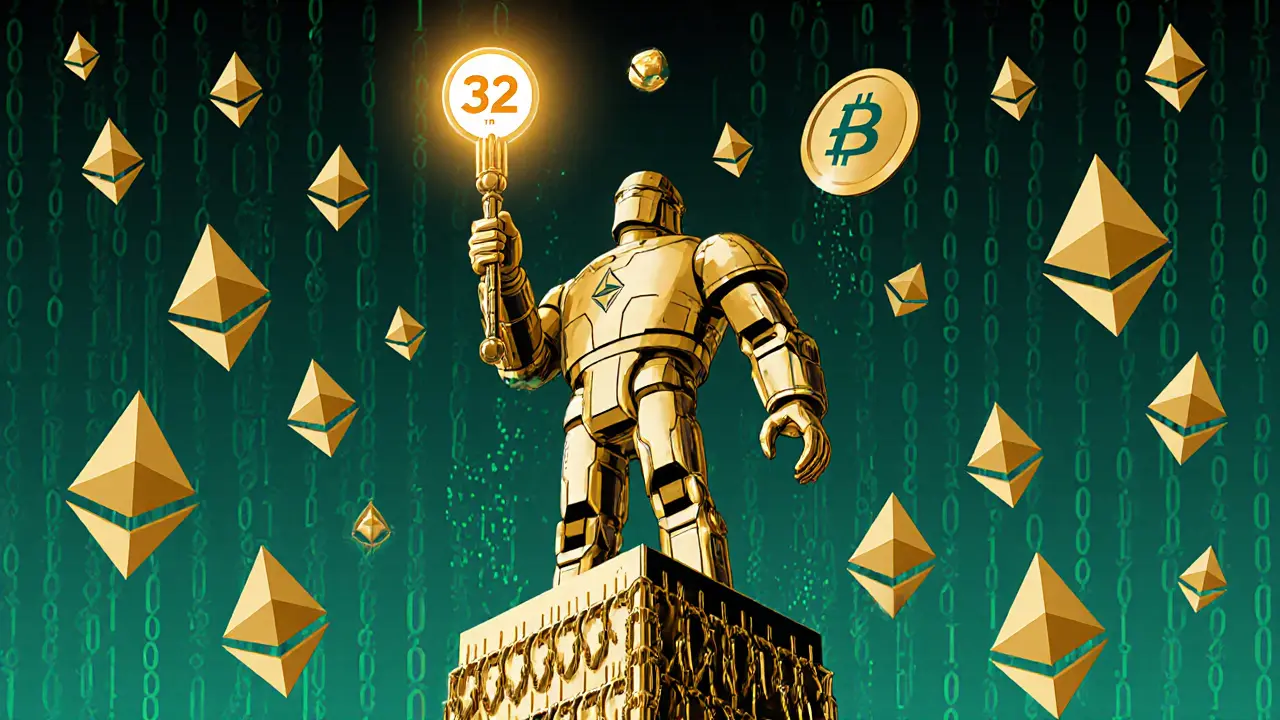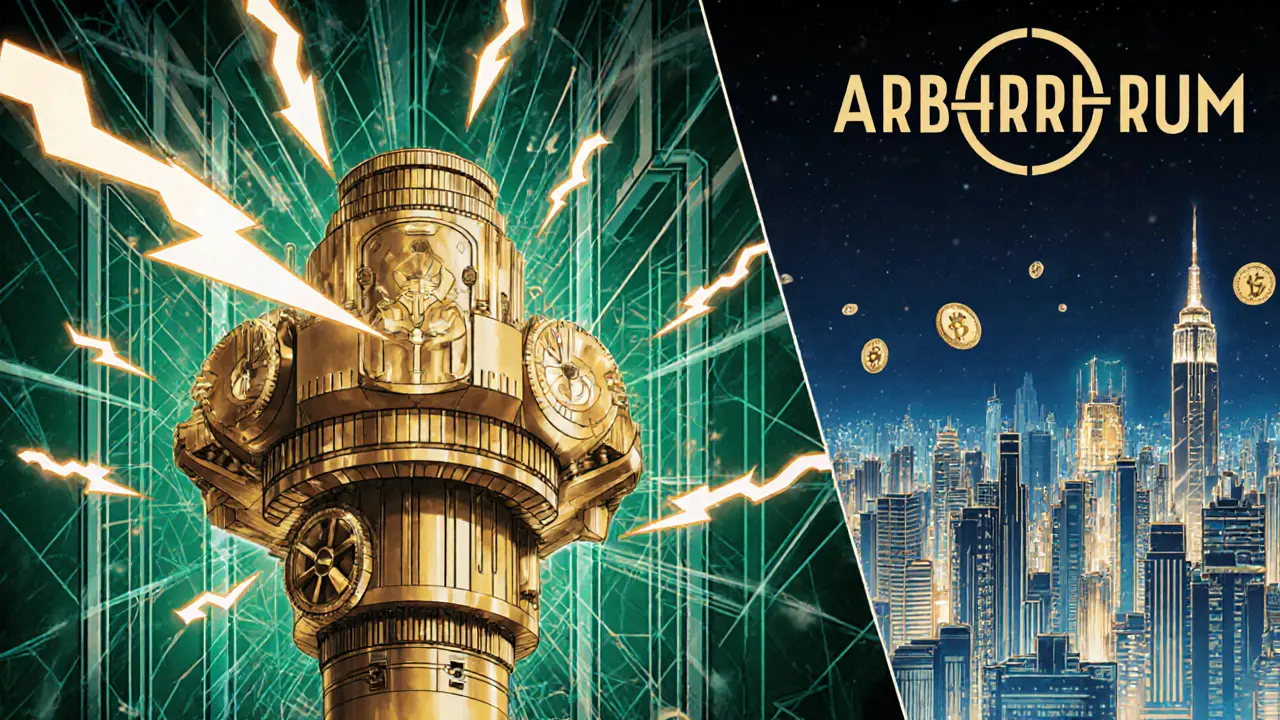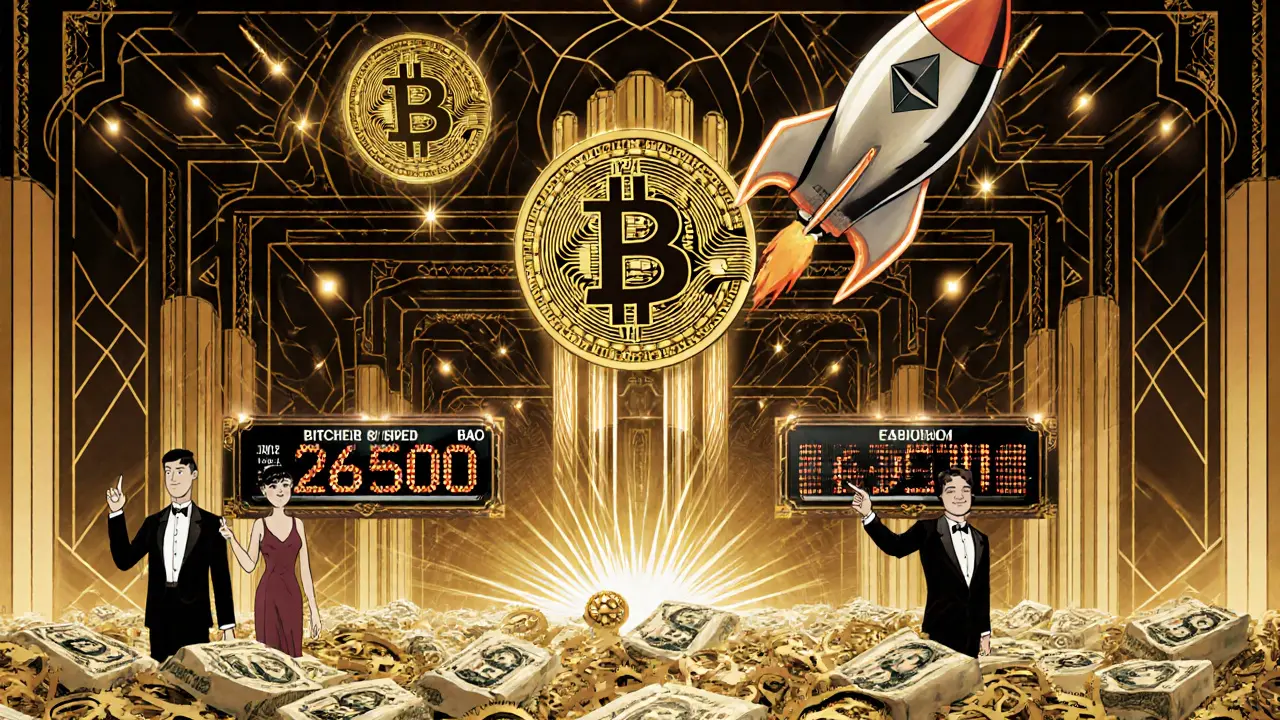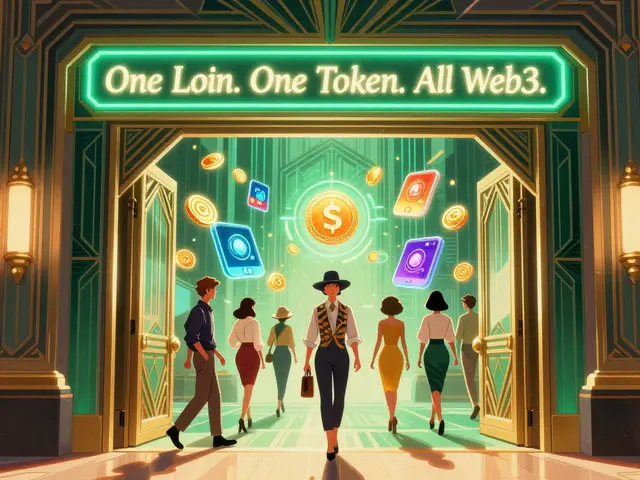Crypto Aquatorium Archive: October 2025 Crypto Trends and Tools
When you look at Crypto Aquatorium, a curated hub for digital asset insights where coins, exchanges, and airdrops are tracked and explained. Also known as a crypto knowledge hub, it helps you cut through the noise and focus on what actually matters in the market. October 2025 was a quiet month—not because nothing happened, but because the real moves were happening under the surface. While headlines screamed about price swings, the smartest players were watching airdrops, free token distributions tied to specific wallet activity or protocol usage more closely than ever. Several new projects launched with strict eligibility rules, and Crypto Aquatorium’s team verified which ones were worth claiming and which were just traps. You didn’t need to chase hype—you just needed to know where to look.
Meanwhile, crypto exchanges, platforms where users buy, sell, and trade digital assets were quietly upgrading their infrastructure. Two major platforms rolled out faster withdrawal systems and lower fees for stablecoin pairs, while a few smaller ones disappeared overnight. The ones that stayed? They added better on-ramps for new users and clearer fee breakdowns. This wasn’t flashy, but it was the kind of change that actually helps you trade smarter. And if you were into DeFi liquidity, the supply of funds in decentralized protocols that enable trading, lending, and borrowing, October was the month when yield strategies started shifting away from overhyped pools. People began moving into lower-risk, high-liquidity pairs—like USDC/ETH on Layer 2s—because the returns were steady and the smart contracts were audited. No gimmicks. Just solid mechanics.
What you’ll find in this archive isn’t a list of random posts. It’s a snapshot of what worked, what didn’t, and what you could’ve acted on if you were paying attention. There are guides on how to track upcoming airdrops without falling for scams, honest reviews of exchanges that actually delivered on speed and safety, and deep dives into where liquidity was flowing—and why. No fluff. No recycled news. Just real, actionable info from a community that’s tired of being talked down to.
How to Get a Crypto Exchange License in 2025
Learn how to legally obtain a crypto exchange license in 2025, including federal MSB registration, state MTL requirements, compliance costs, and how to avoid shutdowns from regulators.
The Recharge Incentive Drop Airdrop: What You Need to Know Before You Participate
The Recharge Incentive Drop airdrop has no verified details and is likely a scam. Learn how to spot fake crypto airdrops, avoid wallet scams, and find legitimate free token opportunities in 2025.
How Nigeria's Underground Crypto Economy Thrived During the Ban
Despite Nigeria's 2021 ban on bank-backed crypto transactions, peer-to-peer trading exploded. Nigerians built a thriving underground economy using WhatsApp, Telegram, and Binance P2P-becoming the world's second-most crypto-adoption-heavy nation.
What Are Validator Nodes in Blockchain? A Clear Guide to How They Secure Networks
Validator nodes are the backbone of modern blockchains like Ethereum and Solana. They verify transactions, create blocks, and secure networks using staked crypto instead of energy-heavy mining. Learn how they work, their risks, and how to join.
Benefits of Banking as a Service (BaaS) for Businesses
Banking as a Service (BaaS) lets non-bank businesses offer banking features like accounts, payments, and loans through APIs. It cuts costs, speeds up launch times, and boosts customer loyalty without requiring a banking license.
Turkish Lira and Cryptocurrency Trading Restrictions: What You Need to Know in 2025
Turkey allows crypto trading but bans its use for payments. New 2025 rules require heavy capital, strict KYC, and give authorities power to freeze accounts. Here's how it affects everyday users and the lira's future.
ZigZag Crypto Exchange Review: ZK-Rollup DEX vs Arbitrum-Based Exchanges
ZigZag is a ZK-Rollup DEX offering fast swaps and $ZZ token rewards, not an Arbitrum-based exchange. Learn how it compares to Arbitrum’s DeFi ecosystem and who should use it.
Understanding BTC, ETH, and USDT Trading Pairs: The Core of Crypto Market Liquidity
BTC/USDT, ETH/USDT, and ETH/BTC are the most important cryptocurrency trading pairs. Learn how they work, why liquidity matters, and which ones to use as a beginner or advanced trader.
What is Donald Pump (DONALD) crypto coin? Explained for beginners
Donald Pump (DONALD) is a Solana-based meme coin tied to Donald Trump's public image. It has no official backing, no utility, and extreme volatility. Only for speculative traders willing to risk losing everything.
